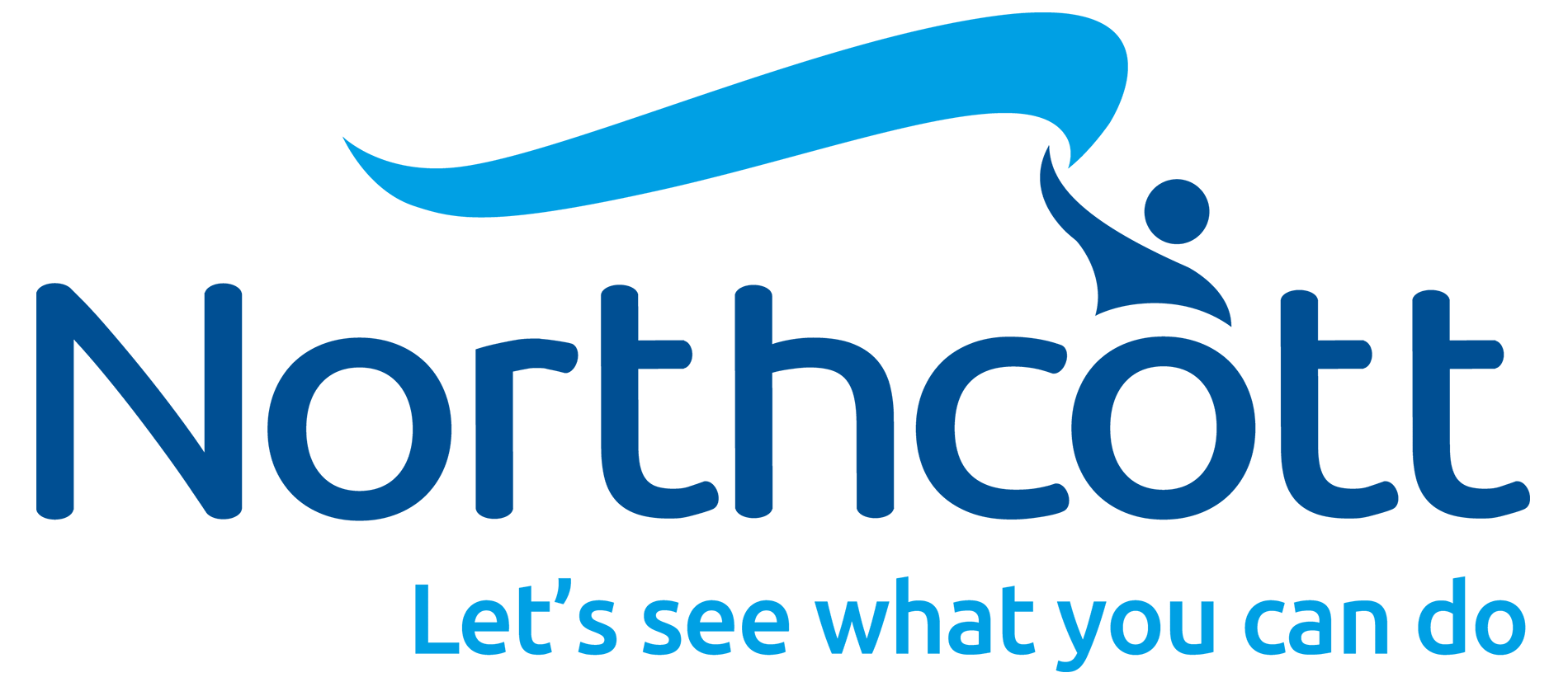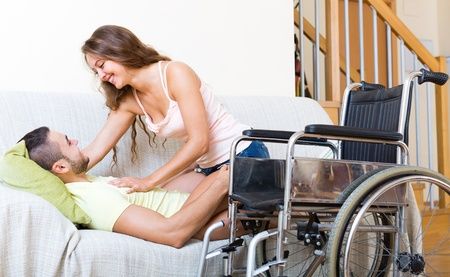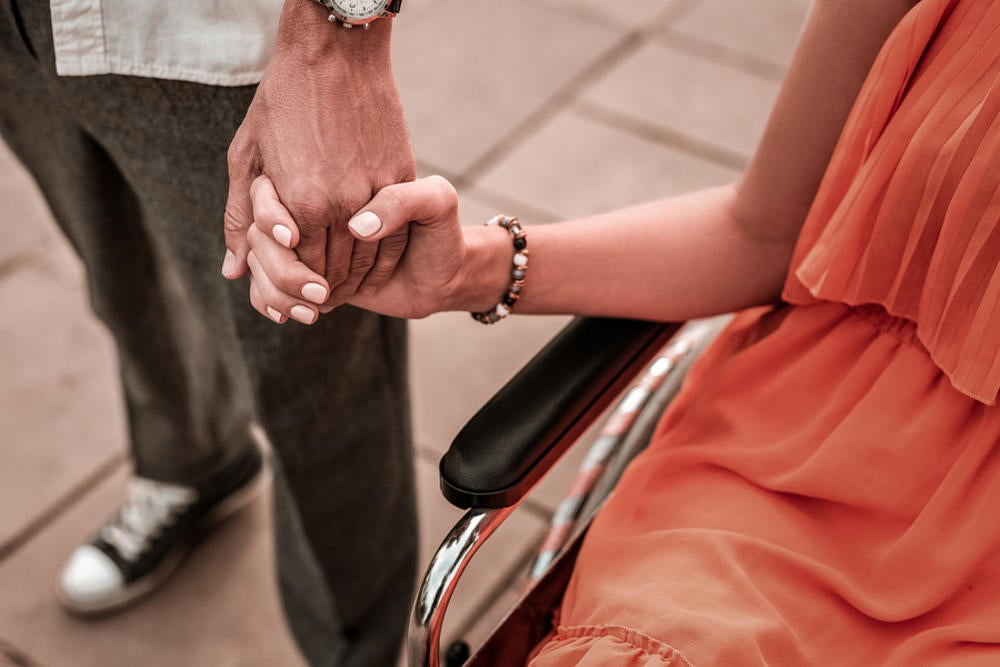That has to change.
Disability supporters point out — correctly — that there are a lot of misconceptions when it comes to disabled sex. Likewise, what “disabled sex” is and looks like will differ from person to person. (Much like sex between two able-bodied individuals!)
The reality is that sex should be a fun and inclusive activity. As people with disabilities already know, an active and fulfilling sex life is possible for everyone who wants it.
The Importance of Getting Rid of Ableism in Sex Education
When it comes to sex education, a lot of schools and communities miss the boat entirely — or give kids a dingy and not much else.
Adults often realize there are a lot of things they didn’t learn in sex ed, and the state of LGBTQ+ sex education in Australia is woefully inadequate.
Unfortunately, sex education curriculum for students with disabilities is practically non-existent. As Kehau Gunderson, lead trainer and senior health educator at Health Connected, a non-profit that provides comprehensive sex education, told Ariel Henley at Teen Vogue, “Educators are thinking more about [disabled] students’ physical needs. They don’t see them as being sexual people with sexual needs and desires. They don’t see them as wanting relationships.”
That’s a problem, and Henley reports that “students in special education classes are often denied the option to participate in sex education at all. When these students are included in mainstream health courses, the curriculum is often inaccessible.”
Henley also points out that people with disabilities frequently face two types of sex-related discrimination. In many cases, they’re infantilised. Rather than being treated as sexually mature individuals with the same sex drive and hormones as a non-disabled person, they’re perceived as childlike and perhaps even asexual.
In other cases, however, people with disabilities can be the target of fetishisation, particularly on the internet. For teens and young adults with disabilities, navigating the sometimes rough waters of consent and safe internet use can be a serious challenge.

For many people with disabilities, the lack of inclusive sex education follows them into adulthood — only now the problem affects potential partners, who often have no idea how to approach sex with someone who has a disability.
5 Positions for Disabled Sex
As far as sex goes, it’s good to get creative. If you have a disability, you might need to try a few different positions before you find the ones that work best for you. It’s also a good idea to discuss it with your partner beforehand, so you’re both on the same page.
Of course, it’s not a bad idea to have a few suggestions in mind. Jordan Davidson at The Mighty talked to Eva Sweeney, founder of Cripping Up Sex With Eva, who recommended five different possible positions for disabled sex.
Lying Down Side Straddle - Sweeney recommends this position for people who have spastic hips. The partner with the disability lies on their side, and the other partner stimulates them orally from behind.
Modified Doggy-Style - If one partner is a wheelchair user, modified doggy-style can work well, as the non-disabled partner can back up to them and position their body over the wheelchair user’s lap. Sweeney says communication is key. “Ask questions, respectful questions, and listen to your partner.”
69 - It’s an oldie but a goodie, and it can work great for people with disabilities. Here are 7 more creative oral sex positions to try. It also doesn’t hurt to invest in a little foreplay to make sure both partners are ready for sex.
Modified Missionary - Sweeney says modified missionary can be ideal when one partner is able-bodied and can stand at the edge of the bed. The partner with a disability can lie on their back at the edge, with the able-bodied partner between their legs.
Oral Sex from a Wheelchair - Wheelchair users can enjoy giving oral sex from a seated position, with their partner reclining on a bed or other surface in front of them and placing the lower half of their body on the wheelchair user’s lap.
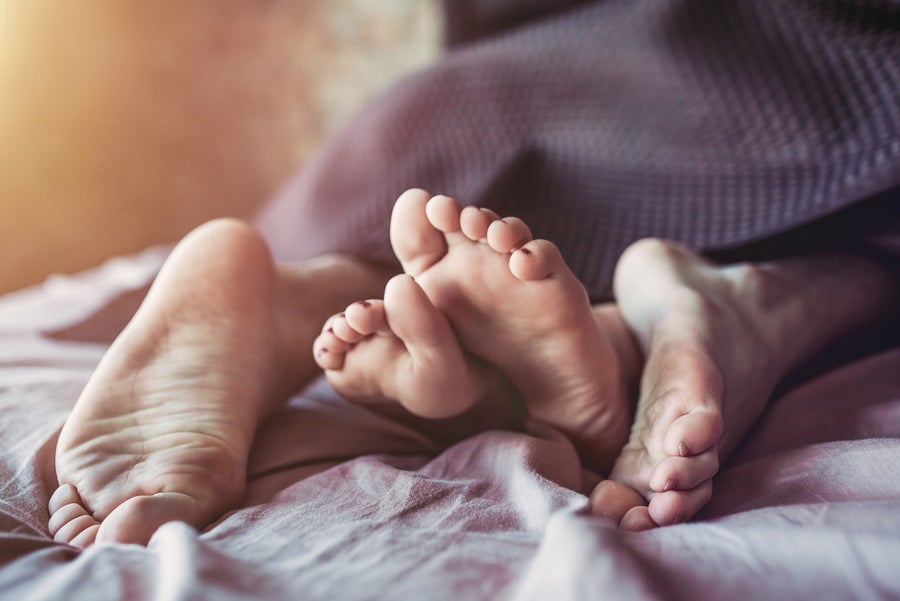
Not every sexual position will work for everyone, and that’s totally okay. Sweeney also recommends exploring sex toys. “There are so many toys to help you explore your sexuality. Most people can find something that works for them.”
You can also enhance your pleasure in many of these positions by incorporating lube into your nocturnal adventures. What is lube used for? Just about anything you want, including making sex more comfortable for both partners. Here are 10 ways to use lube to get you started.
What People with Disabilities Want You to Know
If you don’t have a disability, one of the best ways to learn about those who do is by actually listening to what they have to say. Just like people, disabilities come in all shapes and sizes, and they affect everyone differently. Knowledge is power, and everyone can learn something by listening.
Wheelchair user Sarah Alexander at Cosmopolitan talked to nine different people with disabilities to find out what they want the able-bodied to understand about disabled sex and sexuality.
Yes, People with Disabilities Can Have Sex
Wheelchair users and people with other types of disabilities are not only capable of having sex, they enjoy the dickens out of it just like any able-bodied person.
One wheelchair user told Alexander, “We have the same feelings, needs and desires, regardless of our disabilities. My able bodied boyfriend and I have a very fulfilling, loving and active sex life, he’s never missed out on anything or had any complaints.”
Sex Isn’t Just About Penetration
Honestly, this one is for everyone. Sex isn’t limited to putting one part into another part. Human sexuality is as varied as people themselves, and everyone derives pleasure in their own way.
For some people, this means exploring masturbation. For others, oral sex is a more satisfying route. If you date someone with a disability, don’t be afraid to ask them which positions and touches feel best to them. You may discover a whole new world of pleasure that enhances sex for both of you.
Generalisations = Bad
Does everyone you meet automatically know everything about you? Likewise, how could you possibly understand the ins and outs of an individual’s disability without talking to them about it?
Alexander says it’s important to avoid generalizing when it comes to people with disabilities. For example, she states that not everyone who uses a wheelchair does so for the same reason — a point that can apply to a wide range of disabilities.
Communication = Good
Communication is a vital part of any healthy relationship. As Alexander notes, however, it plays a critical role when one or both partners have a disability. One wheelchair user stated how important it is for her partners to ask before removing her from her chair. “I’ve had guys try to carry me from the living room to my bed, which they think is pretty romantic and I think is pretty terrifying.”
Don’t make assumptions about a partner who has a disability. Instead, Alexander says it’s best to talk through things first. “Trust, open mindedness and honest communication are fundamental.”
Disabled Sex Isn’t Taboo
When people are confused or nervous about a subject, they sometimes avoid discussing it altogether. Over time, the topic can become taboo. That can be a bad thing for everyone, as it prevents people from getting information that can make them feel more comfortable and compassionate.
Disabled sex can be one of these subjects. As Alexander puts it, “Sex and disability are not mutually exclusive, and like abled people, wheelchair users have urges, cravings and fantasies that we desperately want to fulfill. Sex is a fundamental part of life that most people relish, there’s nothing seedy or wrong about it.”
Don’t Fetishise Disabilities
A person with a disability — like any person — has a right to respect, and they don’t deserve to be the object of sexual fantasy without their consent.
As one wheelchair user told Alexander, “...most wheelchair users would rather be with someone that wants them — not their disability. We aren’t in existence for your fetishes.”
It’s Perfectly Okay to Be Attracted to Someone with a Disability
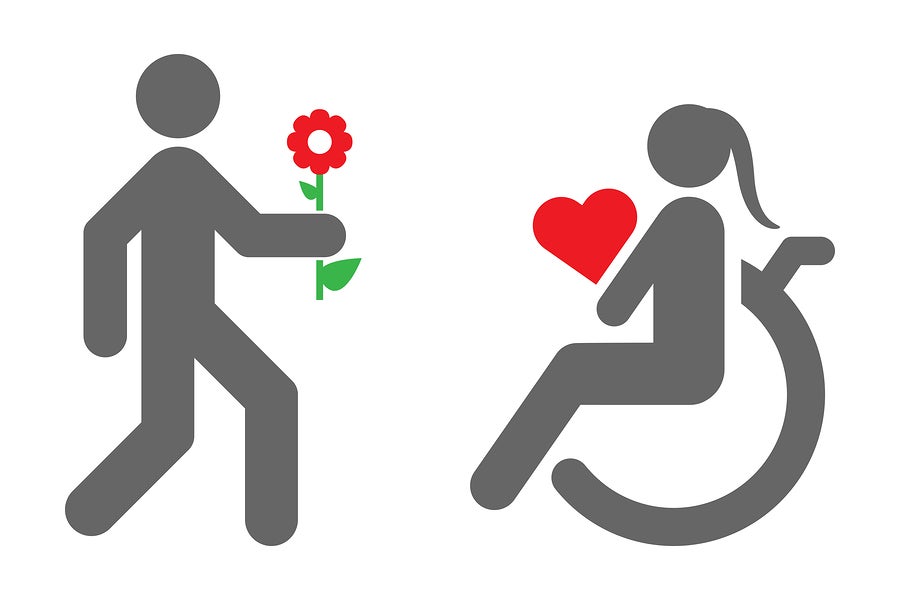
If you feel a pull toward a person with a disability, does that mean you’re guilty of fetishisising them? According to Alexander, the answer is probably no. As long as you’re hot for the person, their disability shouldn’t get in the way of pursuing an amazing relationship and fulfilling sex life for both partners.
Be Flexible (Literally!)
Have you stretched yourself lately? Alexander says that people with disabilities often have to find ways to adapt in many aspects of life, including sex. If you’re an able-bodied person, you might have to stretch a little — sometimes literally — to discovery the best techniques and positions for enjoying satisfying sex.
This isn’t a bad thing. In fact, it can be pretty great, according to Alexander. “Using a wheelchair has led me to appreciate creativity and exploring sex in different ways. It may be unorthodox but it can be a lot of fun experimenting.”
Astroglide Australia works with the Australian NDIS provider Northcott on disability education events called Feel The Vibe. We have attended and presented at many events in the last ten years. We also assist people who have experience sexual trauma.

